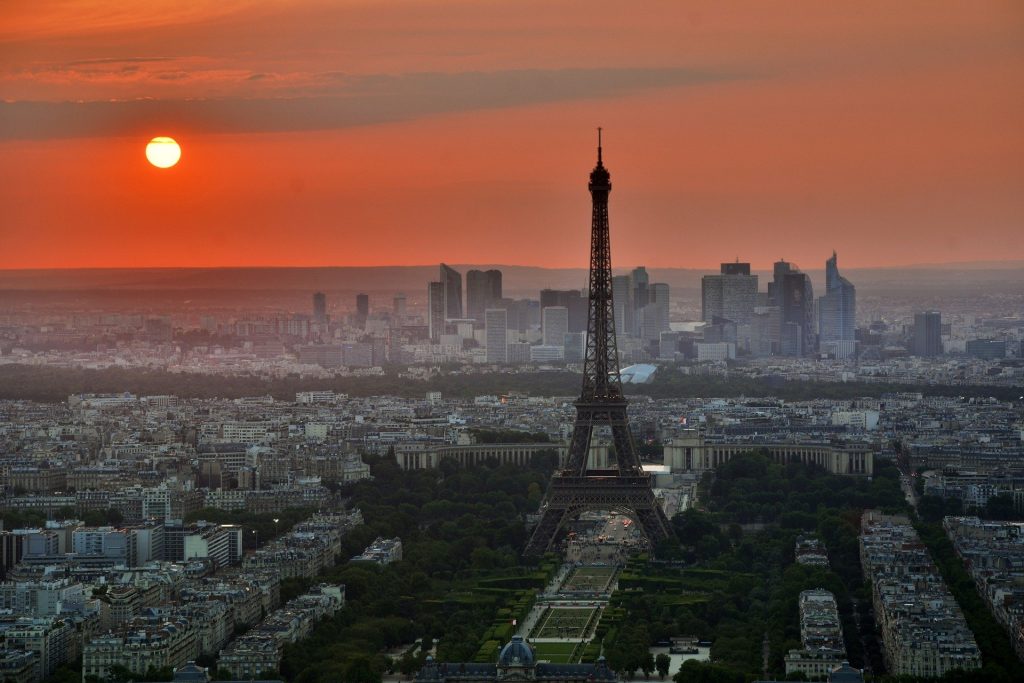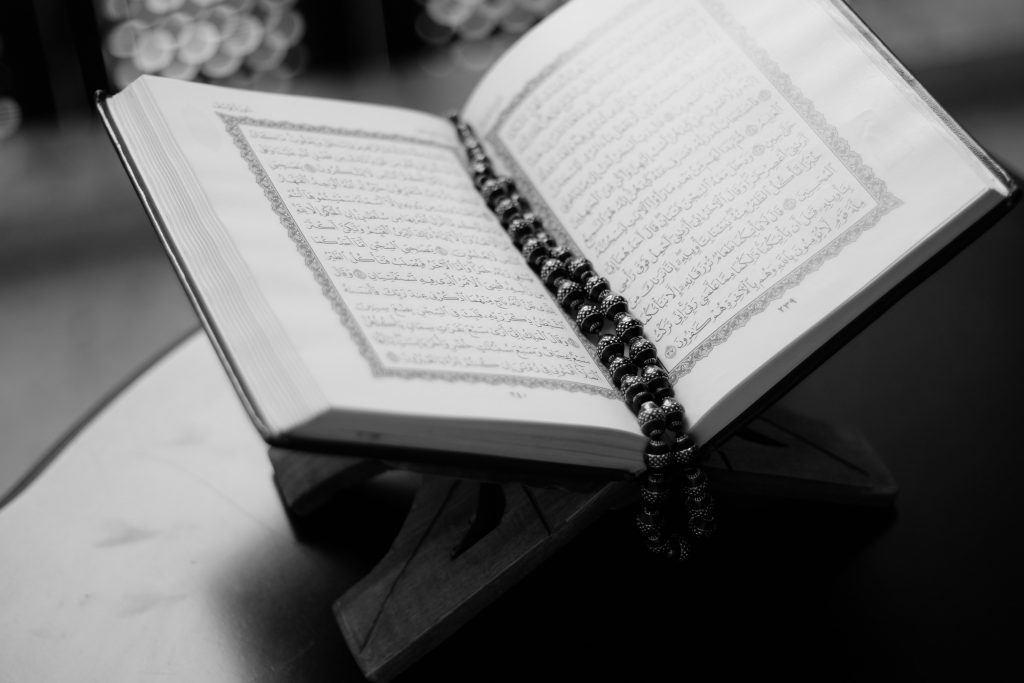Introduction
October 2020 was a particularly fraught month for French society. First it was the criminal beheading of teacher Samuel Paty. Next followed the deadly knife assault in Nice killing three. Macron’s response, with rhetoric claiming that Islam is in ‘crisis’, earned him ire and fury — both at home and abroad. As the months have rolled on, the French president remains cornered with criticism, and the fractures in French society appear to be deepening over time. Is there a way out for Macron, however? Can he better relations with Muslim leaders, protect republican values, appease his political critics and protect the French public from extremism?
Islam in French Policy — a Chequered History
The rise of extremism since the 2015 terror attacks has left the French permeated with a growing suspicion of Islam — many are even criticising its place in the republic. “Islam is in a crisis all over the world today,” Macron asserted whilst announcing his anti-radicalisation bill in late October. The proposed bill, introduced in early December under the title ‘Supporting Republican Principles,‘ requires all children from the age of three to attend French schools, with home-schooling only being allowed for medical reasons. Underlying this is the assumption that French Muslim homes are either a threat to secular values, or that Muslim children require state education to sanitise the threat of radicalisation that Islam carries.
Scrutiny over the activities of ordinary Muslims, particularly Muslim women, is nothing new in France. Over the past two decades, the French parliament has made concerted efforts in outlawing the wearing of the headscarf in its so called ‘burqa bans’. In 2004, by passing a bill banning religious symbols, the national assembly effectively criminalised Muslim women who chose to wear a veil, the obviously intended targets of this bill. The ban became more targeted in 2011, when French prime minister Francois Fillon decreed a national ban on wearing the niqab in public. And in 2016, then French prime minister Manuel Valls defended municipal bans on full body covering burkini swimwear. The paradox of these laws is that it claims freedom is gained when it is taken away. Freedom, apparently, is not the liberty of choice for Muslim women. You are only free when we say you are.
Leaving aside the hypocrisy, these laws were said to be considered necessary in order to encourage integration and inhibit radicalisation. For the past two decades, the French governments have linked Muslims with extremism, to an extent that this mentality has suffused across society. But is Islam really the cause of radicalisation?

Islam & Radicalisation
Earlier this year, a survey of French Muslims reported that, despite nearly a quarter of Muslims finding it hard to practise their religion in France, 81% still had a positive view of French secularism. Asked whether they loved their country, 90% answered “yes” and 82% said they were proud of being French — matching percentages for the rest of France’s population.
So if French Muslims value France and its secularism just as much as the rest of the country, what is the radicalising influence causing extremism?
Looking at the incidence of terrorism by so-called Muslim extremists in Europe, a study by LSE academics found that “the presence of veil restrictions […] is strongly and positively correlated with terrorist activities,” with such countries experiencing 15 times more attacks. But correlation is never an indication of causation. Perhaps veil restrictions were in response to increased terror attacks rather than contributing to them? Well, that doesn’t stand either. The researchers write:
“terrorist strikes do not precede but rather follow veil restrictions. Moreover, we found that in countries that have enforced restrictions on the veil, only 8 terrorist attacks occurred before the restriction was put in place and 54 after.”
Why is this? One explanation that immediately jumps out is that social restrictions themselves on Muslims are strongly contributing to increased radicalisation and terrorism. When minorities feels persecuted and targeted by the state, a radical element within them may use the hurt caused to violently rebel against it. This is indeed unfortunate and unjustified, but it is commonly observed that those nations with the most stringent laws against Muslims have had higher levels of extremist events. In France’s case, at the very least, we can say that such restrictions do not improve the prevailing situation. Such policies are therefore likely counterproductive to the end goal of a peaceful society.
The French headscarf ban in 2004 is a perfect case study. It did more to young French Muslim girls than any extremist could dream of doing. Recent research reported:
“Our main finding is that exposure to the ban significantly reduces the likelihood of completing (any) secondary education. This effect is due to disruptions in women’s educational trajectory during the period of the ban’s implementation. There is an increase in dropout rates from secondary education for Muslim women aged 17 and above—the cohorts that, by French compulsory schooling law, were legally allowed to drop out […]
We find evidence that the law disrupted the educational trajectory through increased perceptions of discrimination at school among Muslim girls” — ABDELGADIR, A., FOUKA, V. (2020)
Removing girls from education unsurprisingly limits their ability to integrate into society. Young French Muslim girls were prohibited, not by their “archaic religious values”, but by the State itself, too caught up in fighting a perceived separatism.
So when Macron criticises ‘Islamist separatism’ and the creation of a counter-society, he should address the very policies that helped establish it and continue to aggravate it. Shuttering mosques and dissolving anti-discriminatory groups will repeat the failures of previously similar social policies that have the demonstrated effect of disenfranchisement and polarisation of minorities.
We can see therefore that while extremists can distort theology to mislead people, radicalisation is significantly a social problem, and thus needs a social solution. If we should learn anything from the 2004 ban, it is that the threat to a liberal France comes not from a physical veil but a mental veil across hearts and minds. The real threat is to cast doubts on the loyalty of certain citizens, to criminalise their freedom of expression and to inhibit their paths to progress in society.
So what now? How can we protect the 6 million French Muslims from radical influence and simultaneously preserve the founding principles of the French republic?
The remedy to any disease lies in its perfect antidote.

Let Islam Counter Muslim Extremism
Liberté, égalité, fraternité — the rallying cry of the masses in 1789 raised France on the principles it still claims to stand upon today. This motto unified all under the ideals of representative government and democracy. Just over a millennium before this, Islam too created a revolution.
Islam entered a fractious tribal Arabia ravaged by endless wars and barbarism. It was in this feverish climate that its teachings on peace and brotherhood tempered a troubled society, unifying Muslims particularly with the responsibility to keep peace in the land.
Let not a people’s enmity incite you to act otherwise than with justice. Be always just, that is nearer to righteousness. – Holy Quran, 5:9
Repel evil with that which is best. And lo, he, between whom and thyself was enmity, will become as though he were a warm friend. – Holy Quran, 41:35
Allah forbids you not, respecting those who have not fought against you on account of your religion, and who have not driven you forth from your homes, that you be kind to them and act equitably towards them; surely Allah loves those who are equitable. – Holy Quran, 60:9
This was a fraternity practised beyond sentiment and across religions. In a letter to the Christian monks of St. Catherine’s monastery in 626 CE, the Prophet of Islam demonstrated the Islamic values on religious equality and respecting the sensibilities of others:
“This is a message from Muhammad, son of Abdullah, as a covenant to those who adopt Christianity, near and far, we are with them. Verily I, my servants, my helpers and my followers defend them, because Christians are my citizens; and by God! I hold out against anything that displeases them.
No compulsion is to be on them. Neither are their judges to be removed from their jobs nor their monks from their monasteries. No one is to destroy a house of their religion, to damage it, or to carry anything from it to the Muslims’ houses. Should anyone take any of these, he would spoil God’s covenant and disobey His Prophet. Verily, they are my allies and have my secure charter against all that they hate…”
Here lies the difference between Islam and so-called Muslim extremists. Where Islam makes Muslims duty-bound to keep the greater peace, extremists seek violence and discord. Where the fraternity of Islam seeks to protect religions of different faith, extremists threaten and attack. Extremists settle for supremacy, but Islam believes in pluralism. This is the antidote to Islamic extremism.
A Message to Macron
In response to the coronavirus pandemic, this past summer the worldwide head of the Ahmadiyya Muslim Community addressed world leaders in a series of letters. To you, he urged for justice to prevail in France so that you can begin to fulfil the rights of other nations too.
“Your government should strive to ensure the peace and security of society, both within your country and at a broader, international level. I sincerely request that you uphold the demands of justice and integrity by seeking to fulfil the rights of your own people and of all other nations.”
President Macron, Muslims are your brothers and sisters, allies in so many values and principles that you claim to uphold. You must now know that Islam advocates for the very system and principles that you are trying to protect and preserve. In stifling the liberties of Muslims and their innocuous way of life, you are damaging your only weapon in this fight against Muslim extremism. Moreover, by refusing to acknowledge that religious identity is an integral element of social identity, you risk electorally alienating 6-8% of the population in France that might otherwise be voting for you — a sizeable percentage.
As leader of the country, inspire the French Muslim population to look to the Prophet of Islam, invite them to recognise the Islamic teachings of cohesion and integration; of loyalty to one’s nation and respecting all faiths. Remove the laws that restrict the rights and freedoms of Muslims, and they may well become your greatest allies. Because ultimately, liberté, égalité, fraternité, is part and parcel of Islamic values too. It’s the cause that many early Muslims fought to protect in Arabia, and it’s the cause that Muslims will, God-willing, strive to preserve in France too.
“No religion is a problem in France today… If the state should be neutral, which is at the heart of secularism, we have a duty to let everybody practice their religion with dignity” — Macron, 2016











Loved this article! 👌
5
If only Macron and his advisors could understand this instead of rushing to populist ideology.
4.5